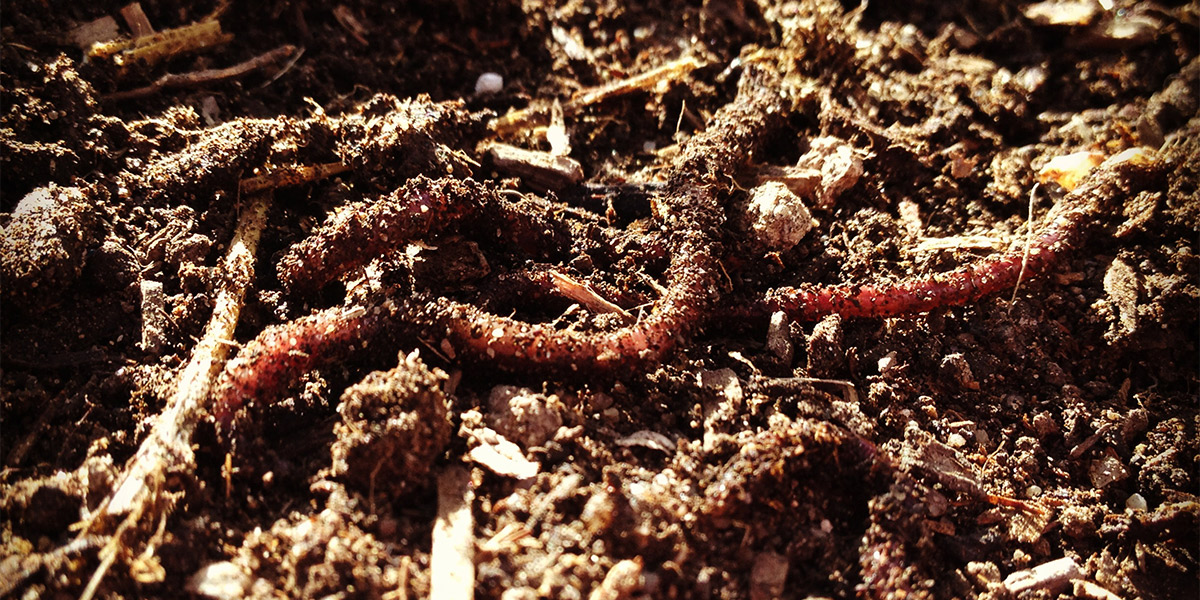
How to Use Earthworms for Composting and Gardening
Read These Tips for Easily Managing Your Earthworm Population
One way to help increase your worm population is to set aside a small area of land on a farm or garden to be managed exclusively as an earthworm reservoir. If needed, the soil could be limed to bring it near pH7. A crop could be grown and cut periodically to provide an organic mulch as food and physical cover. In this area, the earthworms could be established and reproduced. The earthworm would then travel to other sections of the field. For example, a Nightcrawler worm can travel at least 19 meters (approximately 62 feet) on the soil surface in the course of one evening.
If there is a specific section of land that you want to increase the worm population, you can also directly introduce the worms by transferring blocks of soil (for example, one cubic foot each block) from the worm reservoir to the targeted farm area of land. In summary, to achieve optimal results in increasing the earthworm population, address the following factors:
- Ample organic matter is supplied to the soil where earthworms are being introduced
- The soil has sufficient moisture
- Physical and chemical disturbances of the soil are minimized
Earthworms in a pasture soil produce castings that contain 73 percent of the nitrogen found in the ingested litter, including both the importance of earthworms in incorporating litter nitrogen into the soil. Earthworms increase the amount of nitrogen mineralized from organic matter in soil. Six Nitrogen-fixing bacteria are found in the gut of earthworms and in the earthworm castings.
The African Nightcrawler earthworms are excellent for revitalizing the soil and sustaining agriculture. For the last two decades, the African Nightcrawler has played a major role in solid waste management in Southeast Asian nations, including be a major character of vermicomposting in the Philippines.
African Nightcrawler Worms For Vermicomposting
Vermicomposting is an excellent and natural form of recycling food and garden waste and by using worms to turn them into a nutrient-rich material capable of supplying necessary nutrients to help sustain plant growth. Additional benefits include:
- Natural way to dispose of food scraps
- Provides worm castings and worm tea for the plants in your home or office with little or no space or cost
- Re-establish natural worm populations in your flower beds, yard, or gardens
- Provides additional worms to be used as pet food or fishing bait
Vermicompost (worm castings) helps improve soil structure, texture, and aeration. It also allows excellent drainage in soil so roots are less likely to develop root rot and increases water retention capacity. In addition, vermicomposting requires very little work, is very educational for children, and produces no offensive odors.
African Nightcrawlers are used in a number of educational and government-sponsored vermicomposting programs to eat leftover food, garden waste, and paper as part of recycling efforts.